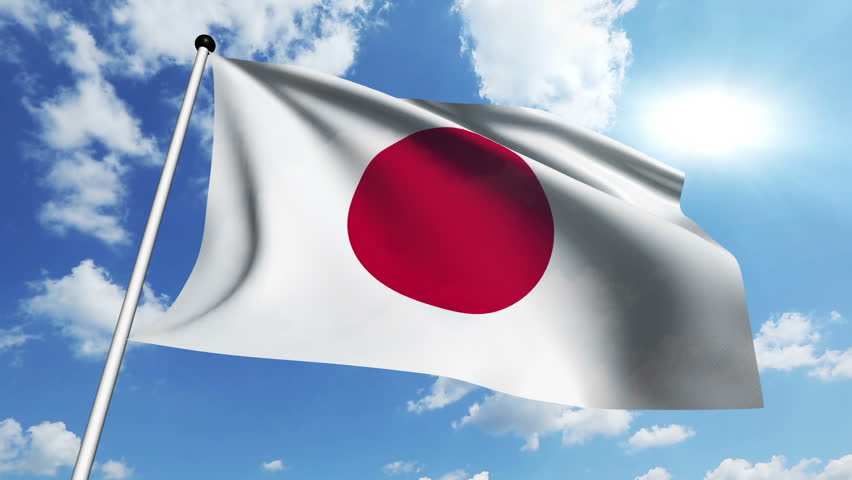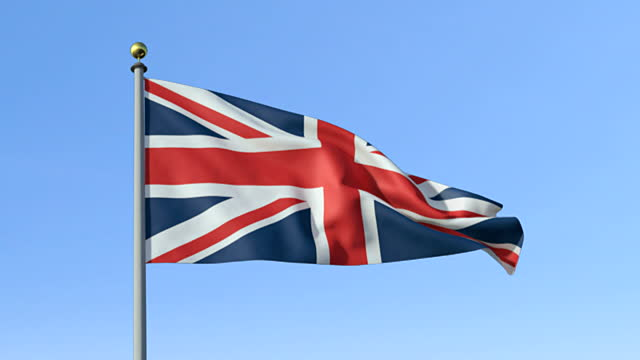Successful entrepreneurs and businesspeople understand that good business is about good relationships. By forging partnerships with suppliers, competitors and new connections, you can build a healthier, stronger business. Never is this more important than when you're considering international business. By expanding your scope overseas, you open up your company to new influences, customers and power.
Of course, expanding overseas is easier said than done. While it may be a logistical challenge, it can also be a challenge from a relationship standpoint. You're interacting with people from a completely different culture, so your strategies that work at home may not work abroad.
That's why it's essential to consider differences in business etiquette when working with international clients. You may not be privy to cultural differences that could make or break a deal, for example. Something as simple as a handshake could be riddled with faux pas, making all that business travel ineffective. By understanding the culture you're engaging with, you can make connections, make others feel comfortable and welcome, and avoid embarrassment.
Researching local customs before doing business in a new country
When you travel to other countries to do business, research is key. What's considered proper etiquette or good manners varies greatly from country to country.
In some countries, actions that Americans take for granted, like looking a superior in the eye, may be considered rude.
While in America, business meetings are all about business, but in many nations, it's disrespectful not to inquire about one's health and family before talking about business matters.
The ability to behave and conduct business in a respectful and efficient manner can naturally improve your ability to land important business deals, or even to find a new company to work for if you are seeking a different direction for your career. Besides, learning about international business cultures is fun and interesting.
There's a whole world of information out there about international business etiquette. Here, it has been travel-sized for your convenience.
Business etiquette: China

- Provide a gift for the person you are conducting business with, but keep the following in mind: When handing them the gift, always use both hands. Don't give a watch as a gift, as it represents death in China. Avoid black, blue or white wrapping paper. Chinese people will decline the gift three times, but you need to insist they take it. When you receive a gift, you should do the same.
- Chinese people appreciate a conservative dress code, and you should avoid physical contact while conversing.
- If you happen to have family roots in China, you can give yourself a Chinese name to use when doing business in the country. This is considered a sign of respect, but you should only do it if you have Chinese roots or have moved to the country to do long-term business.
- After a business meeting, allow Chinese partners to leave the meeting room first.
- Mandarin is the official language of China, but there are some other languages to be aware of, like Cantonese and Shanghainese.
Business etiquette: Japan

- Bowing is a typical way of greeting each other. Handshakes sometimes occur, but you should let the Japanese person initiate it.
- The senior member of the group often leads the business meeting, while younger members, out of respect, speak less. People of similar positions in different groups should sit across from each other; junior employees should never sit across from senior employees.
- Giving gifts is common, but you should pay special attention to how you present your gift. Never hand out a gift that isn't wrapped.
- Japan is especially sensitive to the word "no." It is customary to respond with "yes" even if you disagree with what is being said.
Business etiquette: India

- While you can show up to meetings on time, don't be surprised if Indian business partners are late.
- Like in Japan, the word "no" can be considered rude in India. Try to use words and phrases like "we will see" or "possibly" instead of "no."
- If your business partner offers you a meal, never say "thank you" at the end of it, as this is considered a form of payment on your part and therefore insulting.
- Avoid eating beef at business meetings, as cows are considered sacred in India.
- Both Hindi and English are the official languages of India.
Business etiquette: France

- It is vital to make appointments for both business and social occasions. It is not acceptable in France to drop in on someone unannounced.
- Punctuality is treated quite casually in France, so do not be surprised if your French colleague arrives fairly late. However, staying late at the office is common, especially for individuals in senior positions.
- As you would expect, the nation that created haute couture puts a premium on style. Fashion and appearance are much more important in France than in most other countries in the world. Even low-paid, entry-level executives buy the best clothes they can afford. Dress tends to be on the formal side for both men and women, whether in business or social situations.
- Giving presents is acceptable here, but exercise discretion. Business gifts are usually not exchanged at the first meeting.
Business etiquette: Italy

So, how about when in Rome?
- Punctuality is not a priority for Italians. Be patient and prepared for some delay when you start working with a new Italian partner. Do not take a small delay as a sign of disrespect. When a deadline must be firmly met, make it very clear to your Italian partner.
- In Italian business culture, giving gifts is not particularly common. Only after you've established a trusting, familiar relationship with someone may you give a small and not obviously expensive gift as a sign of friendship.
- Italy is a major center of European fashion. Even casual clothes are smart and chic. Formal attire is generally expected for business meetings. For the most part, men wear dark colors. Women tend to wear elegant and modest pantsuits or skirt suits, accessorized with simple jewelry and makeup.
Business etiquette: Germany

- Business events are well structured and straight to the point. You don't want to be joking during business meetings.
- Be punctual. Germans are hardworking, so you want to demonstrate that their time is valuable.
- When entering business meetings, allow the oldest person to enter the room first.
Business etiquette: Brazil

- Business meetings often last longer than planned, but do not leave before the meeting has officially ended. Leaving early is considered rude.
- In Brazil, physical contact during conversation is natural and highlights the trust between business partners.
- Unlike in India, you should avoid eating with your hands in Brazil. Even if you're eating a sandwich, you'll want to use a napkin or utensil.
- Portuguese is the official language of Brazil, but some Brazilians also speak Spanish. Some parts of the country also speak German.
Business etiquette: The United Kingdom

- When conversing with the British, try saying "please," "thank you" and "sorry" frequently, as this is considered polite.
- The British often don't retain eye contact during a conversation.
- Unlike Brazilians, Brits like to have personal space, so don't stand too close.
Preparing to go global
With business borders expanding, following a country's business etiquette is not only good manners – it's good business.
Check out this helpful infographic that breaks down different business customs around the world. You can also pick up this business etiquette book before you book your international business trip.
